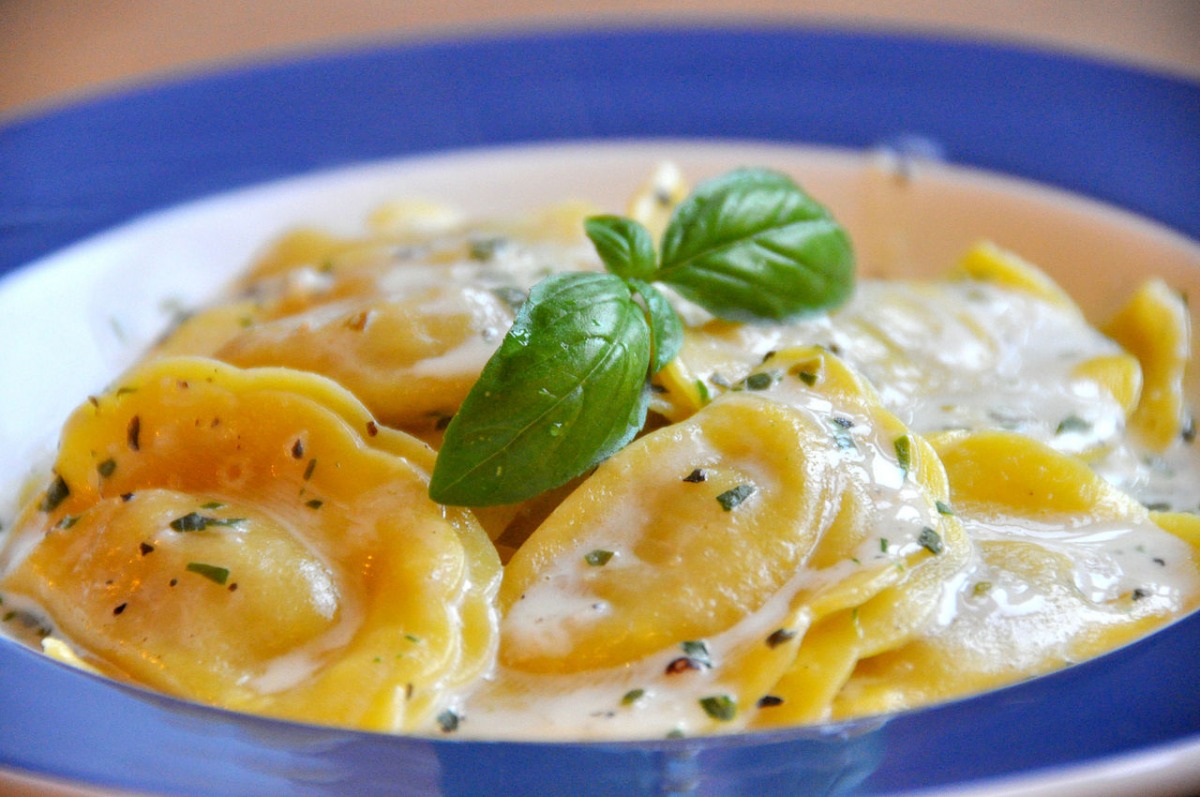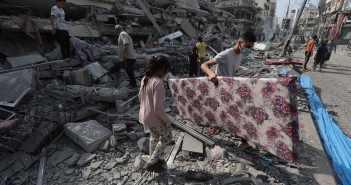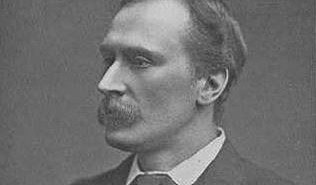“Take me off!” Dad directed all his anger at Mi Sun, an Asian nurse who barely spoke English. But now she understood him perfectly. For Rage is a universal language. Frantic, she phoned my sister and managed to communicate that despite my father’s protests, she didn’t have the authority to halt a patient’s treatment in mid-dialysis. I was tired too and despite my weariness, found myself frying, flipping, and browning. Making meals up until the moment he would no longer be able eat. I’d no choice but to continue. My dying father was living for my cooking, and for lack of a better title, I appointed myself, “Chef Death.”
It was the least I could do. He’d been enduring four-hour-long dialysis appointments, three days a week, for the last seventeen years. Even in 97 degree heat, he would conceal the gruesome shunt on his arm, with the long sleeve of a heavy sweatshirt. I for one, couldn’t fathom what it felt like to have the blood drained from your body and rinsed “clean,” before then having it pumped back in again. He spent his last session screaming.
In his youth, he’d been an athlete, scouted by all three New York pro baseball teams. Turning his attention to drawing, he’d supported a family of six on a freelance artist’s salary. But at that stage he could barely walk, and those graceful hands that won art awards and fielded line drives, now struggled to pick up a fork. He’d had it. He’d had it with my sister too. She’d been living with him for five years, pleading that he adjust his diet, which might’ve made life easier between dialysis sessions. Unfortunately, what made him happy, made him worse. However, with death imminent, hospice gave him the green light for unlimited amounts of comfort food.
I’m the middle daughter of a Sicilian mother. One who got bitten by the culinary bug. On a white sheet which stretched the length of our dining room table, I watched my grandmother lay freshly made ravioli. My job was to close the ends of each ravioli with a pinch.
My mother was also a good cook, but her talents were wasted on my picky father’s pedestrian palate. Once it was me on the frontline, I was a sleepwalking waitress. A glorified short order cook who didn’t aim for extraordinary. I’d been helping him for months prior to his hospice kicking in, carefully commuting from Covid ravished Queens to pandemic plagued Jersey. My sister assured me these efforts were appreciated, “Dad said you’re great!” He said, “She cooks, she cleans, and she drives!”
Irony, you are one serious Bitch. This was supposed to be my “Summer of love.” I’d even burned foul smelling sage, while performing an embarrassing full moon ritual to declare this my “Summer of love.” But instead of primping for socially distanced dates, there I was, putting his preferred number of ice cubes in my father’s plastic cup. Once when I was roasting chicken, out of nowhere my father says, “Laura, I’m going to introduce you to…”I stopped breathing. Did he actually have a contact that could be the glimmer of a potential boyfriend? I was psyched as he continued, “I’m going to introduce you to … the greatest sandwich on Earth … liverwurst and onions!” I top off his Coke and cover my mouth. What was I thinking? He didn’t have any romantic contacts for me, and even if he did, physically he wouldn’t have been able to flip open his poor old phone.
We’d had a running sandwich feud over Levy’s Rye bread. Because I’d pronounced it, Levi’s, like the jeans. Every time he asked me to buy this bread, I’d say it wrong and he’d go ballistic. “It’s Levy’s bread, not Levi’s jeans!” Dumbfounded, I’d yell back, “Who cares, Dad? Do you have stock in Levi’s bread?” In the supermarket, eyeing eleven brands of rye, I don’t see the one he would want. About to give up, I spotted it, that glistening gem in a sea of plastic packaging. Levy’s Real Jewish Rye. I grabbed it like I was Leonardo DiCaprio in Blood Diamond, only to return home and commit the sin of mispronunciation. “Dad, I got Levi’s bread!” He was speechless.
When you’re ninety and stop dialysis, the expectation is that you’ll be dead in a few days, or well on your way to a kind of sleepy incoherence. This is what the hospice nurse had said in private. But my father’s mind was running at full capacity about his empty stomach. “I’ll take four pancakes, one at a time.” I obliged while he explained his reasoning. “If you give me two pancakes at once, by the time I finish the first, the second one is cold.” His pancakes also had to be five inches in diameter and I was careful to adhere to those measurements. He was even more exacting about maple syrup distribution and didn’t trust me with the task. As he took the bottle from my hand, I watched him start from the center, then pour a perfect circle around the piping hot pancake, as if he was putting the finishing touches on one of his water colors. Inhaling, I stifled my impatience. “Let me do it,” he said. “No one lets me do anything anymore. I can still do things!”
How horrible, trying to control the one thing he could and wanted do. My sister alleviated that guilt by reminding me I was sleep deprived. I’d been up since 5:45 am hunting for non-existent car keys my father said fell under his hospital bed. This wasn’t how I imagined my “Summer of love,” crawling around in my underwear to appease my father’s nightmare. As a result of the three Extra Strength Tylenol my sister-in-law had given him for his excruciating pain, he was hallucinating. Again.
We persuaded him to take Lorazepam, a hospice drug that alleviates agitation and induces deep sleep. As the night aide, Agar, wheeled Dad into his room, he placed his breakfast order, “Tomorrow, one egg sunny-side up and four sausages.” For all my father’s fascism about food, his soft side was equally extreme. Dad insisted his day aide, Sunday, a six-foot-two Nigerian man, abandon whatever he’d brought to eat on his break, in favor of sharing a meal with my father. I was raised by a working-class artist who never employed people. If he understood the concept, it was only to firmly reject it. Our rotating 24/7 aides were treated as any guest would be. Dad was delighted when they would break Levy’s bread and drink Margaritas with him. In this way the atmosphere here was less hospice and more of a Happy Hour.
In between meals, my father asked me a sobering question; what will I miss when I die? I confessed I had never thought about it. But he had, “I’ll miss the trees.” This made sense. When he retired from commercial art, he painted landscapes for fun. Trees and sky were among his favorite subjects. “I’ll miss their leaves blowing in the wind.” His response seemed so simple, and even simpler that I could love him more for missing trees, even if his answer to that question wasn’t me.
Yesterday, he requested veal cutlets with A LOT of garlic. He spouted his specifications all day. “Go to the butcher. Have him pound the veal thin. Ask him to pound the cutlets very thin.” My sister bought veal at the supermarket where there was no real butcher. And they weren’t thin. Using the back of my knife, I pounded with Sweeney Todd vengeance. They were haemorrhaging as my father shouted, “Don’t pound! It’s too much work!” But as long as I pounded, he thrived. My nurse friend had warned me that his demise could get ugly. But we were over a week in and he wasn’t even puffy yet. My food was magic! I put in the extra garlic, parmesan, parsley, and breadcrumbs, combining ingredients until all the flavors came together. My hands worked independently of my body. All my life I’d hated my hands. They were my mother’s hands. It never made sense that my slender body should lead to these chubby, tapered elf fingers that didn’t match the rest of me. I felt my mother took control as I chopped, breaded and fried, finally internalizing why I inherited these hands from her. They weren’t meant to be pretty. They were destined for a purpose.
Delivering the cutlet to my father met with silence, until…“This is so delicious,” he said, almost like he was praying. He asked for another, insisting his aide Menoushka and I experience the same bliss. I hadn’t had this dish in twenty years. Welcome back to my mouth veal cutlets. You’re perfect.
As a girl, my father tucked me in to bed, so It seemed fitting that at the end of his life, I return the favor. Curling up behind him, I floated my arm over his body and sang, “Good night Sweetheart, ’til we meet tomorrow.” He joined in, ”Goodnight, Sweetheart, sleep will vanish sorrow.” Neither of us could remember the rest, but by then he’d fallen asleep.
The next night another role reversal occurred, when while spooning with him, I momentarily shifted my body. “Stay with me,” he insisted. We had a chat about breakfast. He wanted pancakes again, and for the first time, I told him my order. “I want one egg scrambled, three slices of bacon and one slice of Levi’s toast.” Through a garbled, fluid filled voice, he laughed hard. That was our last conversation.
My father lingered another miraculous fifteen days. I was with him when on his own, he took his final breath. The four oxygen tanks we’d stockpiled would benefit someone else. His last aide Dee, was there with us too, and after he passed, she said, “Your father really loved you, because in his dreams, he was always calling your name.” I said, “Dee, it wasn’t me he wanted, it was my food.” She was polite when she disagreed, “No Laura. I think what he wanted was you.”




